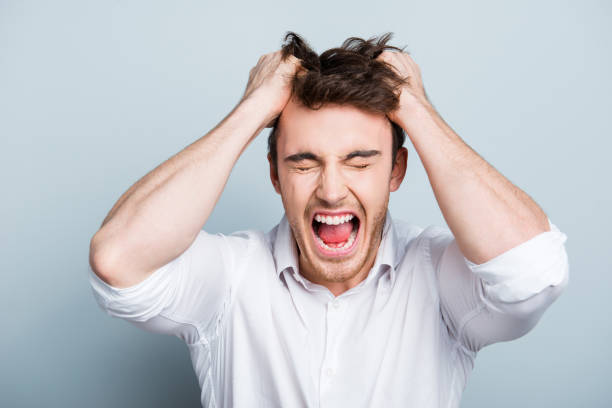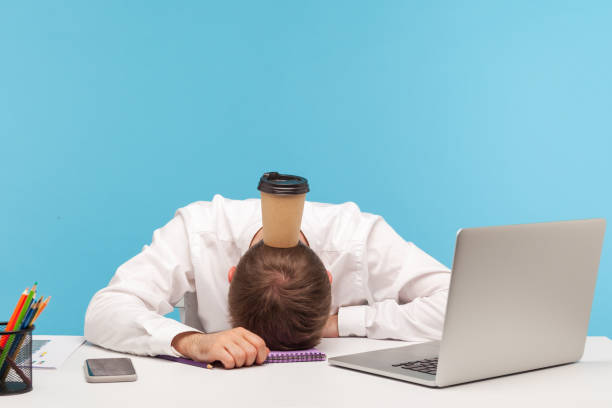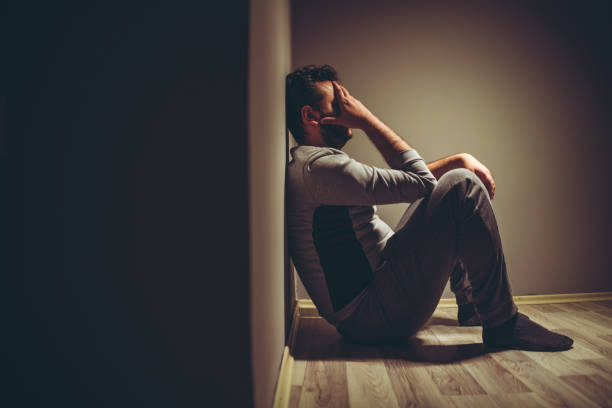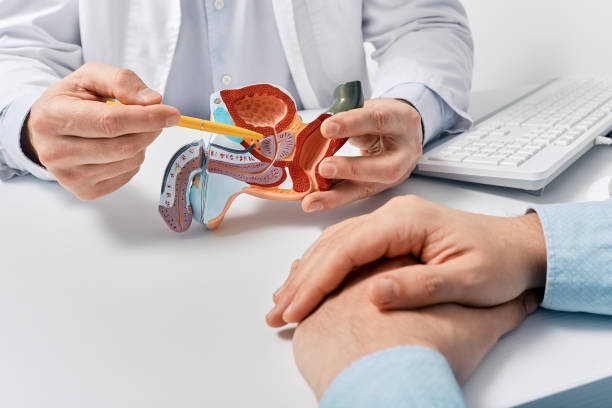Table of Contents
Introduction
Depression in men is often misunderstood and underdiagnosed. While it’s a common mental health issue, its symptoms can manifest differently in men compared to women. Many men hide their struggles due to stigma, making it harder to recognize the signs early. In this article, we’ll explore the remarkable signs of depression in men that you must know to help yourself or someone you care about. Understanding these signs is key to seeking proper help and treatment.
What is Depression in Men?
Depression in men refers to a mental health condition characterized by persistent feelings of sadness, hopelessness, and a lack of interest in daily activities. Unlike women, who often show symptoms like crying, sadness, and emotional vulnerability, men may exhibit depression through behaviors such as irritability, anger, and withdrawal. Depression in men is not just about feeling down; it can affect physical health, relationships, and overall quality of life.
Many men struggle with expressing their feelings, leading them to bottle up emotions and suffer in silence. This article highlights the most notable signs of depression in men that could indicate the need for professional help.
Key Signs of Depression in Men
Understanding the signs of depression in men is crucial for both prevention and treatment. Below are some of the most remarkable signs you should look for:
1. Persistent Irritability or Anger
While sadness is commonly associated with depression, men often express their distress through irritability and anger. These emotions may be triggered by minor annoyances, and the reaction can be disproportionate to the situation. This is one of the most striking signs of depression in men, especially since it may not seem connected to feelings of sadness or hopelessness. If you notice that someone is often irritable, easily frustrated, or angry for no apparent reason, depression could be at play.

2. Loss of Interest in Hobbies or Activities
Men with depression often lose interest in the activities they once enjoyed. Whether it’s sports, hobbies, or spending time with family, a significant decrease in participation can be a red flag. Depression causes individuals to feel drained and lacking motivation, which affects their ability to find joy in everyday pleasures. If you or someone you know has suddenly stopped engaging in previously enjoyed activities, it could be a sign of depression in men.
3. Fatigue and Lack of Energy
One of the most common symptoms of depression in men is constant fatigue, even after a full night’s rest. This lack of energy can make it difficult to complete everyday tasks, leading to frustration. It’s not just physical exhaustion—mental fatigue also takes a toll. Men suffering from depression often feel drained, unable to focus, or incapable of engaging in even the simplest of tasks. If this fatigue persists over time, it’s a major indication of depression.

4. Sleep Disturbances
Men experiencing depression may have difficulty either falling asleep or staying asleep. They might sleep excessively or, on the contrary, find themselves awake in the middle of the night, unable to fall back asleep. These sleep disturbances can contribute to the overall sense of exhaustion and irritability, creating a vicious cycle. Consistent issues with sleep, such as insomnia or excessive sleeping, can be one of the most visible signs of depression in men.
5. Physical Symptoms without a Clear Cause
Depression in men can also manifest in unexplained physical symptoms. These can include headaches, digestive issues, back pain, or muscle tension, often without a clear medical explanation. Men with depression may frequently visit the doctor seeking relief for these physical ailments but never find a lasting solution. If physical symptoms persist without any apparent cause, depression could be the underlying factor.
How Depression in Men Affects Relationships
Depression in men not only affects the individual but can also have a profound impact on relationships. It may lead to withdrawal from loved ones, irritability, and communication breakdowns. Partners of men suffering from depression may feel neglected or rejected, not understanding the root cause of their behavior.
1. Withdrawal from Social Circles
One of the more common signs of depression in men is withdrawing from social situations. Men may isolate themselves from friends, family, and colleagues, choosing to spend more time alone. This withdrawal can stem from feelings of inadequacy, guilt, or shame, causing them to avoid socializing. They may feel like they’re a burden to others or fear being judged, which only worsens their emotional state.
2. Strain on Romantic Relationships
Depression in men can put a strain on romantic relationships. Men might withdraw emotionally, become less affectionate, or display anger and frustration in response to their own feelings of helplessness. These behavioral changes can leave partners feeling confused and emotionally disconnected. Over time, the relationship can suffer if the depression is not addressed.

Risk Factors for Depression in Men
Several factors may increase the risk of developing depression in men. These include:
- Genetic Predisposition: Men with a family history of depression or other mental health issues are more likely to experience depression themselves.
- Chronic Illness: Men with chronic health conditions, such as heart disease or diabetes, are at a higher risk of developing depression.
- Major Life Changes: Stressful life events, such as the loss of a job, the death of a loved one, or divorce, can trigger depression in men.
- Substance Abuse: Men who struggle with alcohol or drug abuse may also be more susceptible to depression.
Identifying these risk factors can help prevent depression or prompt early intervention if symptoms begin to appear.
How to Support Men Dealing with Depression
Supporting a loved one who is dealing with depression can be challenging, especially when the individual is reluctant to talk about their emotions. Here are some ways to provide support:
1. Encourage Open Communication
Men with depression may find it difficult to open up about their feelings. However, gentle encouragement and patience can help them feel more comfortable sharing their emotions. Be an empathetic listener and avoid offering solutions immediately. Sometimes, simply allowing someone to talk is the best form of support.
2. Encourage Professional Help
Encouraging a man dealing with depression to seek professional help can make a significant difference. Therapy, counseling, or medication prescribed by a healthcare provider can help alleviate the symptoms of depression. It’s important to support them in seeking the help they need without pressuring them.
3. Promote Healthy Habits
Encouraging healthy lifestyle changes, such as regular exercise, a balanced diet, and proper sleep, can have a positive impact on managing depression. Physical health and mental health are deeply connected, and promoting self-care habits can be a powerful step toward recovery.
Conclusion
Depression in men can often go unnoticed due to the stigma surrounding mental health issues and the differences in how men and women exhibit symptoms. Understanding the remarkable signs of depression in men is essential for identifying the condition early and seeking the appropriate treatment. Whether it’s persistent irritability, sleep disturbances, or withdrawal from social activities, recognizing these signs is the first step toward healing. If you or someone you know is exhibiting signs of depression, don’t hesitate to seek help. Early intervention can make a significant difference in managing the condition and improving overall well-being.
Frequently Asked Questions
1. What are the main signs of depression in men?
The main signs of depression in men include irritability, fatigue, loss of interest in activities, sleep disturbances, and physical symptoms without a clear cause. Recognizing these signs early is crucial for seeking appropriate help.
2. How can I tell if a man is depressed?
If a man is withdrawing from social activities, frequently irritable, or experiencing unexplained physical pain, it could indicate depression. Other signs include a lack of energy and difficulty sleeping.
3. Why is depression in men often overlooked?
Depression in men is often overlooked because men may express their emotions differently, often showing irritability or anger instead of sadness. Additionally, the stigma surrounding mental health can discourage men from seeking help.
4. Can depression in men affect their relationships?
Yes, depression in men can significantly affect relationships. Men may become emotionally distant, irritable, or withdrawn, leading to misunderstandings and strained connections with family and partners.
5. How can I help a man who is dealing with depression?
Support a man with depression by encouraging open communication, promoting professional help, and encouraging healthy habits. Patience and empathy are key to helping someone through their struggles.



